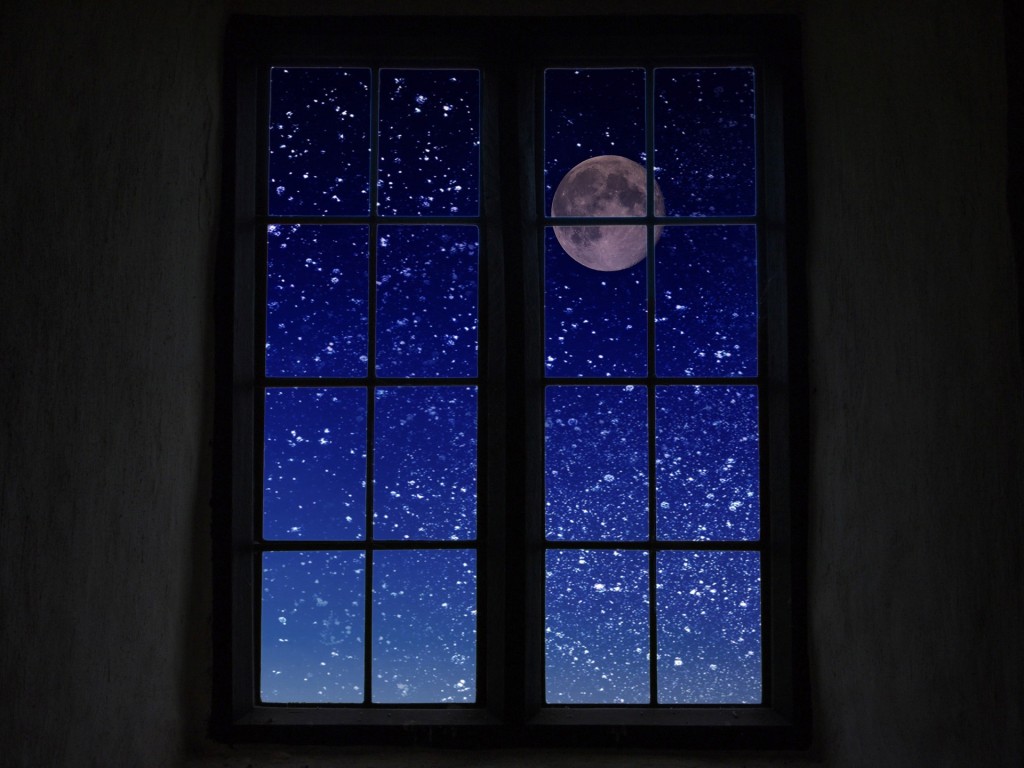I asked Artificial Intelligence (AI) to compose a ballad exploring the conundrum of St Valentine’s Day falling on Ash Wednesday. Both are on the Christian calendar. One is a feast; the other begins the Lenten fast.
It was fascinating to watch AI wrestle with a binary rather than a unified approach. AI is culturally conditioned to have love triumph over death – and of course, properly understood, this is a major Christian theme. So the ballad, unremarkably, had romantic love rein supreme, but was sloppily sentimental – without depth. We do like to race to triumph at the expense of proper engagement with what we find uncomfortable.
My AI engine sees romantic love as a stronger force than the penitence, self-reflection and acceptance of one’s mortality associated with Ash Wednesday. It showed a struggle between two polarised energies rather than complementary sides of the same coin. One side had to win.
Here we might reflect on the deeper Greek meaning of sensual Love (Eros) as a life-inducing energy and the defining reality of Death (Thanatos). Both are powerful forces.
Biblically we might see both these realities reflected in the Hebrew texts of the Song of Songs (Eros) and Ecclesiastes (Thanatos). Together, they brim with vital wisdom, giving full reign to the passions of live-giving fecundity and the restraints provided by a humble reception of life’s seasons.
So let’s educate AI and see what it comes up with!
Passion’s flame burns bright,
Mortality’s gentle touch,
Love blooms in the dusk.
There we go. St Valentine wears the ashes!
And Easter people, as did the original St Valentine, know that the journey goes on to Resurrection and beyond.










